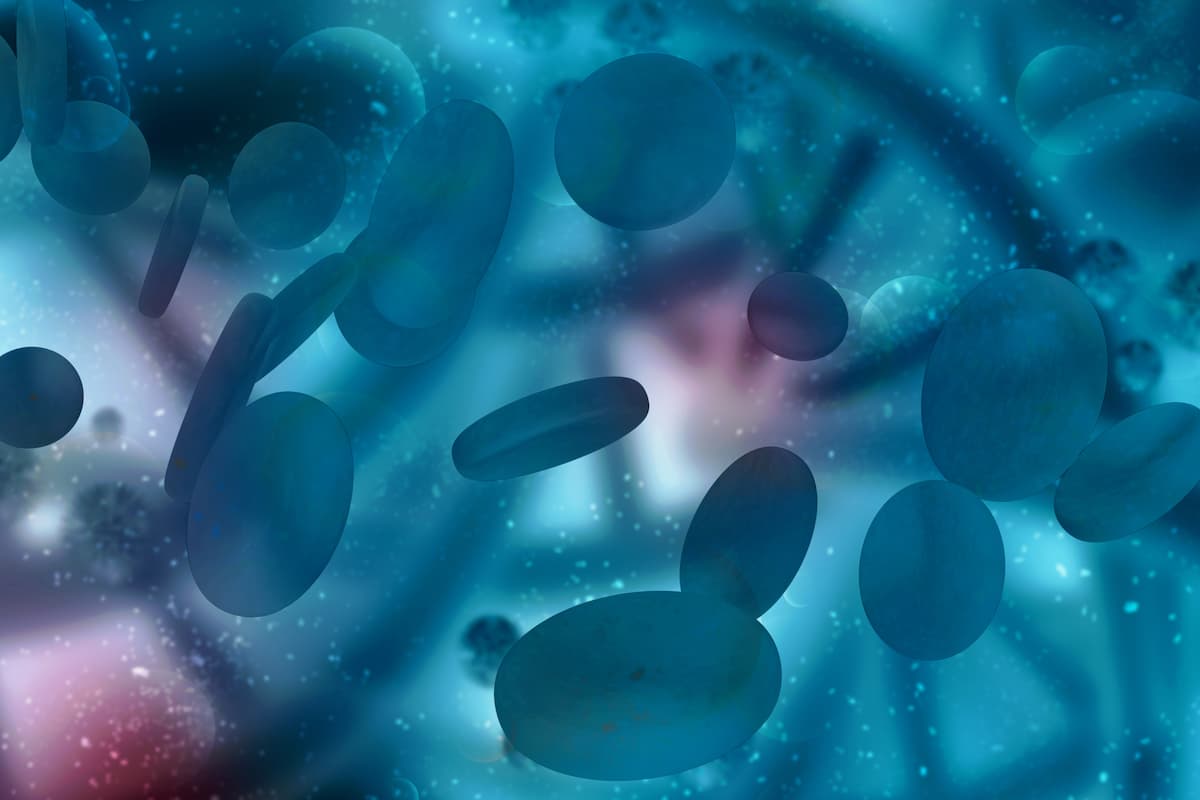
FDA Grants Accelerated Approval to Teclistamab-cqyv in Relapsed/Refractory Multiple Myeloma

Based on results from the phase 1/2 MajesTec-1 trial, the FDA has granted accelerated approval to teclistamab-cqyv for patients with relapsed/refractory multiple myeloma.
The FDA has granted accelerated approval to teclistamab-cqvy (Tecvayli) for patients with relapsed/refractory multiple myeloma, according to a press release from the regulatory organization.1
The approval is based on results from the phase 1/2 MajesTec-1 trial (NCT03145181; NCT04557098) which were previously presented at the
“I believe that the approval of teclistamab and other bispecifics in the field can have a rather prolific impact in [patients who have] heavily relapsed multiple myeloma in the short term and maybe who have even an earlier relapse,” Jospeh Mikhael, MD, professor of Applied Cancer Research and Drug Discovery Division at the Translational Genomics Research Institute (TGen), an affiliate of City of Hope; chief medical officer of the International Myeloma Foundation; and councilor of the American Society of Hematology Executive, said in an interview with CancerNetwork® ahead of the approval.
A total of 165 patients were included in the study. Teclistamab was administered at a dose of 1.5 mg/kg following step-up doses of 0.06 mg and 0.3 mg.
Patient characteristics included a median age of 64.0 years, with 14.5% of whom were 75 years or older. Moreover, 96 patients were men. High-risk cytogenetics were observed in 25.7% of patients, 52.5% had an international staging system score of 1, and 73.3% had a baseline renal function of 60 or more mL/min/1.73 m. The median time since prior diagnosis was 6.0 years, median prior lines of therapy was 5.0, and 81.8% of patients had prior stem cell transplantation. Additionally, 77.6% of patients were triple-class refractory, 30.3% were penta-class refractory, and 89.7% were refractory to their last line of therapy.
A total of 39.4% of patients having a complete response or better. Median time to first response was 1.2 months and the median time to best response was 3.8 months. The median treatment duration was 8.5 months and 59.4% of patients received at least 6 months of treatment with teclistamab and 47.9% received it for 9 months. The median duration of response was 18.4 months (95% CI, 14.9-not estimable [NE]) and was considered immature as of the study’s last update.
The median duration of progression-free survival was 11.3 months (95% CI, 8.8-17.1) and the median duration of overall survival (OS) was 18.3 months (95% CI, 15.1-NE). The OS data were not mature after censoring of data in 58.8% of patients. Minimal residual disease (MRD) negativity was experienced at a threshold of 10-5 in 26.7% (95% CI, 20.1%-34.1%) of patients. In patients who had a complete response or greater, the MRD negativity rate was 46%.
The most common hematologic AEs were neutropenia (70.9%), anemia (52.1%), and thrombocytopenia (40.0%). A total of 76.4% of patients experienced infections, 44.8% of which were grade 3 or 4 infections. Hypogammaglobulinemia occurred in 74.5% of patients. Neurotoxic events, including immune effector cell–associated neurotoxicity syndrome, occurred in 14.5% of patients, and were mostly grade 1 or 2 except for a single grade 4 seizure in a patients with bacterial meningitis. No therapy was discontinued because of neurotoxic events.
Cytokine release syndrome (CRS) occurred in 72.1% of patients, and most were grade 1 or 2 and were fully resolved except for 1 grade 3 event. The median time to the onset of CRS was 2 days and the median duration was 2 days. Overall, 41.2% of patients died, primarily to progressive disease. Death from AEs occurred in 19 patients, with 12 patients dying from COVID-19. Death related to teclistamab occurred in 5 patients.
References
- FDA approved teclistamab-cqvy for relapsed or refractory multiple myeloma. News Release. FDA. October 25, 2022. Accessed October 25, 2022. https://bit.ly/3Fgsi4s
- Moreau P, Garfall AL, van de Donk NWCJ, et al. Teclistamab in relapsed or refractory multiple myeloma. N Engl J Med. 2022;387(6):495-505. doi:10.1056/NEJMoa2203478
Newsletter
Stay up to date on recent advances in the multidisciplinary approach to cancer.





































